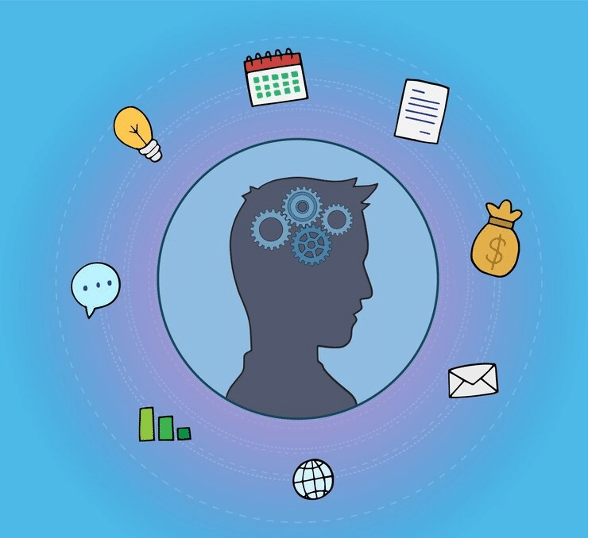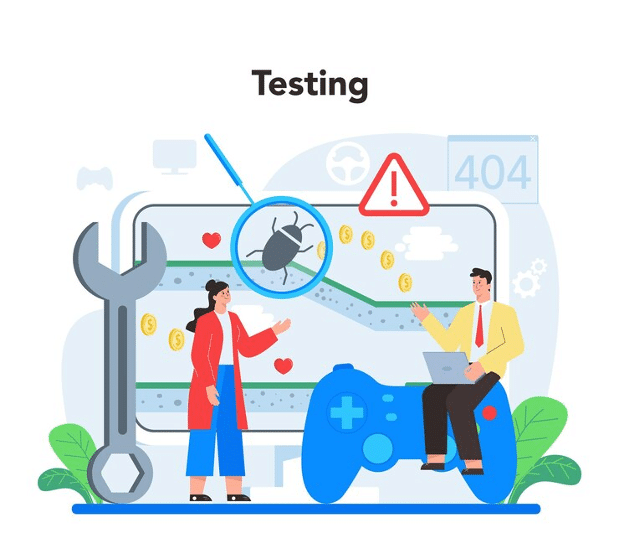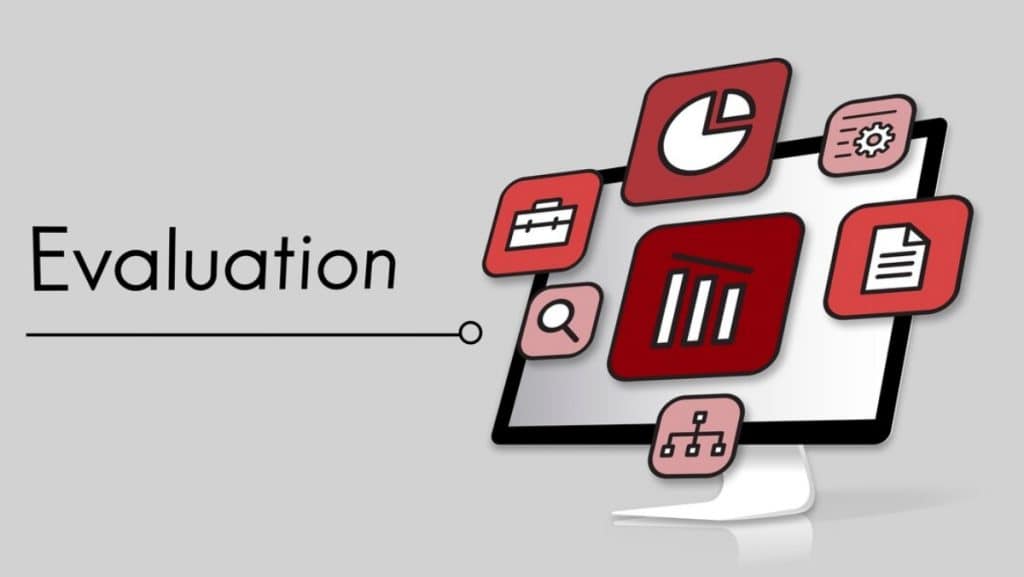The demand for skilled Golang (or Go) developers is rising as more companies recognize the efficiency, scalability, and speed that the language brings to backend systems and concurrent applications. Businesses looking to hire Golang developers need to know how to assess technical and interpersonal skills to ensure a great team fit. Golang, developed by Google, is especially useful in building large-scale applications that require high performance and reliability.
If you’re aiming to build a high-performance application and want the right talent to make it happen, evaluating candidates based on a set of essential skills and attributes is key. Let’s break down how to make sure you’re bringing the best Golang talent into your team.
Key Factors to Identify the Right Golang Talent for Your Development Team
1. Technical Proficiency in Core Golang Concepts
When you hire Golang developers, technical skills in the language’s core concepts are essential. Golang’s unique features, such as goroutines, channels, and strict typing, require a firm understanding of the language’s syntax and best practices.
- Concurrency and Goroutines: Golang’s goroutines enable efficient concurrent processing, which is critical for applications needing high scalability. Evaluate candidates’ understanding of goroutines and their experience using them to build concurrent applications.
- Error Handling and Testing: A skilled Golang developer should follow best practices for error handling and unit testing. This includes knowing how to use Go’s error-handling techniques and testing packages, such as testing and testify.
A developer’s proficiency in these concepts can indicate their readiness to handle complex Go projects. Technical interviews, coding tests, or coding challenges focusing on these areas can help determine their level of expertise.
2. Familiarity with Backend and Database Technologies
A competent Golang developer should also be familiar with backend and database technologies, as Golang is commonly used for backend services. This expertise enables the developer to integrate Go applications with other systems and optimize data storage.
- Database Management: Golang developers often work with SQL databases like MySQL or PostgreSQL and NoSQL databases like MongoDB. Understanding database interactions is essential for backend developers who need to build scalable and secure applications.
- RESTful and GraphQL API Development: Since Go is widely used for API-driven applications, familiarity with RESTful APIs and GraphQL is vital. Look for experience in building and managing APIs, as well as knowledge of API testing and documentation.
Technical assessments focused on backend and database integrations, as well as project examples involving databases, can showcase a developer’s depth in these areas.
3. Problem-Solving Abilities
When you hire Golang developers, problem-solving skills are crucial, as backend development often involves complex challenges like data consistency, scalability, and performance optimization. A developer’s ability to think critically, address bugs, and make improvements directly impacts the overall success of the application.
- Analytical Thinking: Problem-solving in backend development requires analytical skills. Look for candidates who can break down a problem into smaller parts, identify the root causes, and propose efficient solutions.

- Resource Optimization: Golang’s appeal lies in its efficiency, so a good Golang developer should be able to optimize code for performance. Evaluate their experience with memory management, garbage collection, and writing clean, efficient code.
Ask candidates about specific problems they’ve encountered in previous projects and how they addressed them. This can give insights into their problem-solving approach and their technical adaptability.
4. Experience with Version Control and Collaborative Tools
Version control is a fundamental part of modern software development, and Golang developers should be proficient in it. Experience with platforms like Git and GitHub, as well as familiarity with CI/CD (Continuous Integration and Continuous Deployment) practices, enables smooth collaboration and integration of their work into the team’s workflow.
- Git Proficiency: Golang developers should know how to manage branches, handle merge conflicts, and write meaningful commit messages. Proficiency in Git workflows (such as Gitflow) ensures they can collaborate effectively in a team.
- CI/CD Knowledge: Knowledge of CI/CD pipelines is a big advantage as it speeds up the release of code changes by automating the testing, integration, and deployment processes. Familiarity with tools like Jenkins, Travis CI, and GitLab CI demonstrates a developer’s readiness to work in a fast-paced environment.
Incorporating tasks related to Git and CI/CD during the evaluation process can reveal the candidate’s level of comfort and expertise with these collaborative tools.
5. Ability to Write Clean, Maintainable Code
A developer’s ability to write clean, readable, and maintainable code is invaluable, especially in a team setting where multiple developers work on the same codebase. Golang’s simplicity promotes clean code practices, but it’s up to the developer to apply these principles effectively.
- Code Readability: Code that is well-documented and easy to understand ensures that other team members can pick it up without confusion. During evaluations, ask developers about their approach to writing maintainable code, including commenting and structuring their code.
- Adherence to Go Conventions: Go has a clear set of conventions for structuring packages, naming variables, and formatting code. Developers familiar with Go’s conventions are more likely to produce high-quality code that aligns with team standards.
Code review exercises, where candidates are asked to review or refactor code, can help assess their commitment to writing clean, maintainable code.
6. Understanding of Testing and Debugging Practices
A skilled Golang developer should be comfortable with testing frameworks and debugging tools to ensure code reliability and performance. Effective testing and debugging practices contribute to building robust applications and make it easier to spot issues before they escalate.
- Unit and Integration Testing: In Go, the testing package is widely used for writing unit and integration tests. Developers should understand the nuances of writing tests in Go and be able to test both individual components and entire systems.

- Debugging Skills: Debugging skills are critical for identifying performance bottlenecks and resolving errors. Knowledge of tools like Delve (a debugger for Go) can enhance a developer’s ability to troubleshoot issues quickly.
Practical tests that include debugging scenarios or testing exercises provide insight into a candidate’s competence in maintaining application stability.
7. Soft Skills: Communication and Teamwork
While technical skills are essential, a developer’s soft skills—such as communication and teamwork—are equally important. Since backend developers often need to explain complex technical details to non-technical team members, communication skills make a significant impact.
- Clear Communication: Developers who communicate clearly can effectively share project progress, obstacles, and technical details with both technical and non-technical stakeholders. This skill is essential for avoiding misunderstandings and keeping projects on track.
- Team Collaboration: Go projects are rarely solo efforts, and developers must be able to collaborate effectively with designers, front-end developers, and product managers. Ask candidates about their experience working in teams and how they handle feedback or differing opinions.
Assessing soft skills through behavioral questions and scenarios can provide a more complete picture of a developer’s suitability for your team environment.
Finding the Right Golang Developer for Your Team
In the search to hire Golang developers who are a perfect fit for your team, consider both technical and soft skills. Evaluating core Go concepts, backend expertise, problem-solving abilities, and testing practices will ensure you select a technically sound candidate.
Furthermore, prioritizing communication and teamwork abilities allows you to build a collaborative and productive team. Use a combination of technical assessments, code reviews, and behavioral interviews to gain a complete picture of each candidate’s strengths and suitability.
